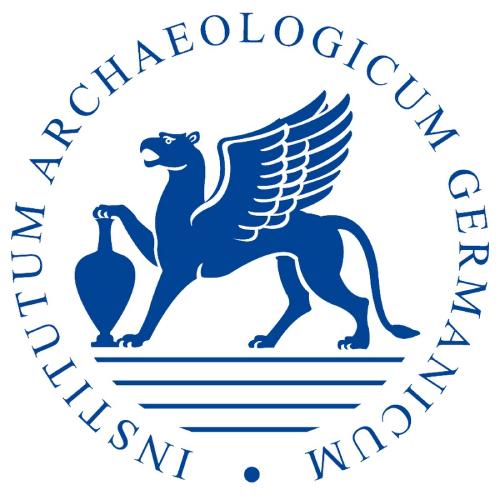
Overview
- Location
- Germany
- Website
Description
The mission of the German Archaeological Institute (DAI) is to conduct and facilitate research worldwide in the archaeological sciences and classical studies. Through its research projects the DAI creates an important foundation for dialogue between cultures, for international scientific collaboration and for the preservation of cultural heritage. The DAI is active on five continents in over 350 projects. The projects range from the sanctuary of Olympia, the pyramids of Dashur in Egypt, the imperial palaces on the Palatine in Rome and the 12,000 year old cult site of Göbekli Tepe in Turkey to the oases of the Arabian Peninsula. In addition ancient cultures are being investigated in the Andes of Peru, in the western desert of China, on the Solomon Islands in the West Pacific and Easter Island.
So the remains of ancient civilizations can be successfully safeguarded in the long term, careful work is needed in the prevention, monitoring and documentation of archaeological sites. Against the background of a growing historical consciousness such sites are key to the formation of cultural identity in the host and partner countries of the DAI. As such the Institute's work makes a substantial contribution to stable political and cultural ties.
What we do
We collaborate with numerous partners worldwide in scientific research aimed at understanding fundamental issues of human history and ancient cultures as the foundation of the civilizations of the modern world. The spectrum of research ranges from the investigation of the dynamics of social and cultural change to the reconstruction of complex systems, such as human–environment interaction, which alter as a result of climate change. Other themes of our research profile are technological and social innovations, systems of rule, ritual spaces as well as settlement systems and urban areas that change over time, to name but a few.
Through our research we document ancient monuments, help to preserve them and make them recognizable as part of cultural identity.
We present the results of our research in publications that we make available to the international scientific community in analogue and digital form. We make archives accessible to scholars worldwide, both digitally and via other communication media.
We communicate with the public at large through attractive publications and exhibitions that respond to popular interest in archaeology. In our host and partner countries we produce publications in the respective national language intended both for researchers and the general public, and develop teaching materials for schools and non-university educational establishments.
Successful site management takes a holistic view of an archaeological site. Together with our cooperation partners we draw up plans to research and protect the antiquities and to promote economic development in regional contexts by supporting the exploitation of ancient sites for tourism purposes.
In many regions the DAI is moreover an important employer. The recruitment and professional training of local workers bring significant infrastructural benefits. Training personnel on-site – in the sense of sustainable capacity building – is a key component of the DAI's work.
In addition, promoting young researchers is one of the Institute's core tasks. We are involved in graduate schools at universities at home and abroad, and collaborate with our partners in developing innovative study programmes that embrace a broad spectrum of modern methodologies in ancient studies.
We utilize our competence in education by participating in seminar programmes and by the supervision of dissertations. Many researchers at the DAI are permanently employed in a teaching capacity at German and international colleges.
Our international workshops, summer schools and conferences as well as all other forms of cooperation have become an integral part of archaeological research around the world. They serve to promote further education and training, facilitate scientific cooperation, and enhance trust in multilateral relations, creating an excellent basis for political dialogue especially in difficult political constellations.
Our advice is valued in many areas – in committees of the German Federal Parliament, at UNESCO, in scientific and cultural organizations, and above all in our host and partner countries.